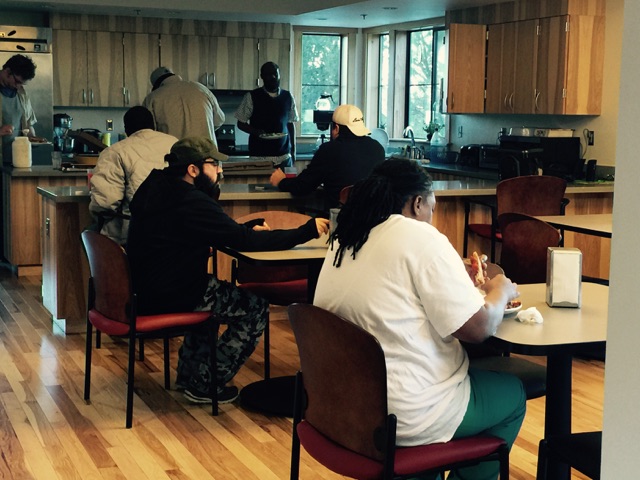19-year-old Chris Nguyen says his very life was on the line before he made it to this safe haven.
"I have bipolar disorder," he explains, "so I was having manic depressive symptoms and eventually it led to self-harm thoughts, suicidal thoughts, and I almost acted on it, but my family members were there to intervene and get me the help I needed."
Clinicians here helped Nguyen give up the marijuana and alcohol he had been using to treat his extreme anxiety. After getting proper medication, he started therapy -- individual, family and group -- where he began to talk about his fears of failure.
"It let me calm down, slow things down finally, there’s all that pressure that you feel at a young age - so going here allowed me to take a step back and look at it. Wait, I need to build some support systems, take care of myself before I try to look at the path to success."
Now back home, Nguyen continues his treatment in an outpatient program.
Experts say residential treatment centers are a critical link in a system of care designed to keep people in a mental health crisis from spiraling downward.
"What you have is a place where you can intervene to stop and redirect what would be an inpatient, involuntary, psychiatric admit to a hospital."
Randall Hagar is with the California Psychiatric Association, which has lobbied for years for more residential treatment options. Psychiatric services have been severely underfunded in California for decades. Cutbacks closed hospital wards and left big gaps in the system of care. But that process has been reversed over the last two years. Last year lawmakers passed the Investment in Mental Health Wellness Act.
Contra Costa County used grant money from the 2012 so-called "Millionaires Tax" proposition to fund Hope House. Hagar says without these sources of money, places like Hope House couldn’t exist. Cash-strapped counties simply can’t afford to build them on their own.
"The money is very welcome, and it’s going toward very desperately needed services," Hagar says.
Besides residential treatment, counties around the state are using mental health grants to fund new urgent care units and mobile crisis teams that pair clinicians with police officers to keep psychiatric patients out of jail.
"The grants are going to do a great job of getting these things set up," Hagar said. "Counties are going to have to find a way to keep them going, and that’s the rub."
Hagar says for counties that have few resources, finding long-term funding will be the toughest challenge.
